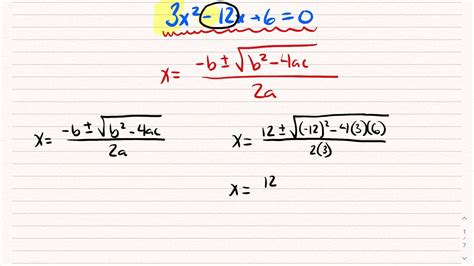Advanced algebra is a branch of mathematics that extends the concepts and techniques of elementary algebra. It deals with more complex algebraic structures and operations, including matrices, vectors, polynomials, and groups. Advanced algebra is used in many fields, such as physics, engineering, computer science, and economics.

The Benefits of Studying Advanced Algebra
There are many benefits to studying advanced algebra. It can help you:
- Develop your problem-solving skills. Advanced algebra requires you to think critically and creatively to solve complex problems. This can help you in all areas of your life, from your career to your personal relationships.
- Improve your mathematical skills. Advanced algebra builds on the foundation of elementary algebra and helps you to develop a deeper understanding of mathematics. This can help you succeed in other math courses, such as calculus and statistics.
- Prepare for a career in a STEM field. Many STEM fields, such as engineering, physics, and computer science, require a strong foundation in advanced algebra. Studying advanced algebra can help you prepare for a successful career in one of these fields.
What to Expect in an Advanced Algebra Course
An advanced algebra course will typically cover the following topics:
- Matrices and vectors
- Polynomials
- Groups
- Rings and fields
- Linear algebra
You will learn how to solve problems using these concepts and how to apply them to real-world situations.
Conclusion
Advanced algebra is a challenging but rewarding subject. It can help you develop your problem-solving skills, improve your mathematical skills, and prepare for a career in a STEM field. If you are interested in learning more about advanced algebra, talk to your math teacher or counselor.
FAQs
- What is the difference between algebra and advanced algebra? Algebra is the study of basic algebraic structures and operations, such as numbers, variables, and equations. Advanced algebra extends the concepts and techniques of algebra to more complex algebraic structures, such as matrices, vectors, and polynomials.
- Do I need to take advanced algebra in high school? Advanced algebra is not required for all high school students. However, it is recommended for students who plan to pursue a career in a STEM field.
- What are some good resources for learning advanced algebra? There are many good resources for learning advanced algebra, including textbooks, online courses, and tutoring services. Talk to your math teacher or counselor for recommendations.
- Can I learn advanced algebra on my own? It is possible to learn advanced algebra on your own, but it is more difficult than learning it in a classroom setting. If you are planning to learn advanced algebra on your own, be sure to find a good resource and be prepared to put in a lot of effort.
Tables
The following tables provide some additional information about advanced algebra:
| Topic | Description |
|---|---|
| Matrices | A matrix is a rectangular array of numbers. Matrices are used to represent data and to perform operations such as addition, subtraction, and multiplication. |
| Vectors | A vector is a list of numbers that has a magnitude and a direction. Vectors are used to represent physical quantities such as force, velocity, and acceleration. |
| Polynomials | A polynomial is an expression that consists of a sum of terms, each of which is a constant multiplied by a variable raised to a non-negative integer power. Polynomials are used to represent functions and to solve equations. |
| Groups | A group is a set of elements together with an operation that combines any two elements of the set to form a third element of the set. Groups are used to study symmetry and to solve problems in areas such as physics and computer science. |
| Rings and fields | A ring is a set of elements together with two operations, addition and multiplication, that satisfy certain properties. A field is a ring in which every non-zero element has a multiplicative inverse. Rings and fields are used in algebra and number theory. |
Creativity
Advanced algebra can be used to generate ideas for new applications in many fields. For example, advanced algebra can be used to:
- Develop new algorithms for solving problems in computer science.
- Design new drugs and treatments in medicine.
- Create new materials in engineering.
- Understand the behavior of the universe in physics.
The possibilities are endless. With a strong foundation in advanced algebra, you can use your creativity to make a difference in the world.
